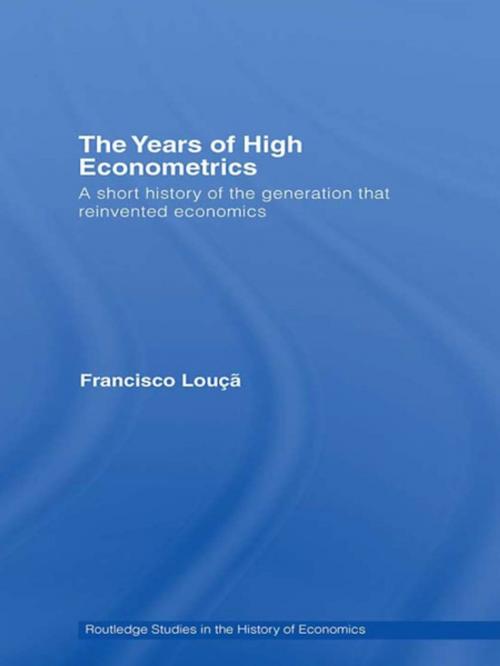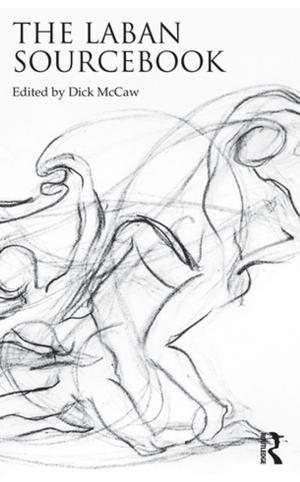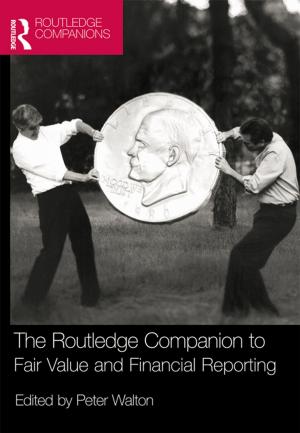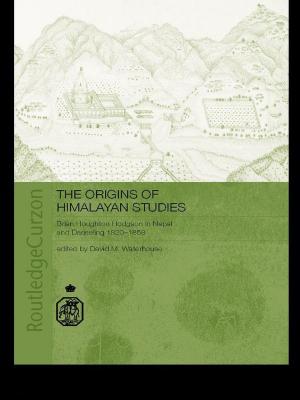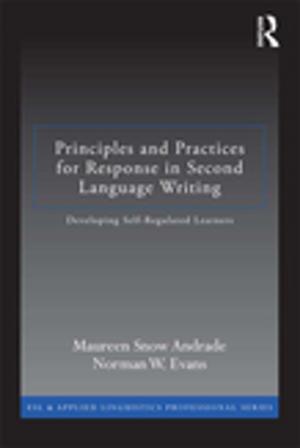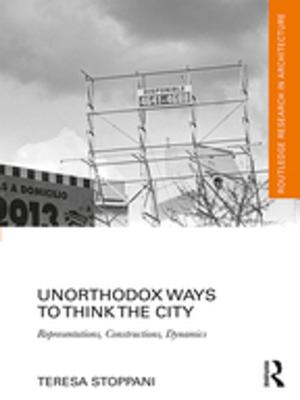The Years of High Econometrics
A Short History of the Generation that Reinvented Economics
Business & Finance, Economics, Econometrics| Author: | Francisco Louçã | ISBN: | 9781134111473 |
| Publisher: | Taylor and Francis | Publication: | November 5, 1998 |
| Imprint: | Routledge | Language: | English |
| Author: | Francisco Louçã |
| ISBN: | 9781134111473 |
| Publisher: | Taylor and Francis |
| Publication: | November 5, 1998 |
| Imprint: | Routledge |
| Language: | English |
A fascinating and comprehensive history, this book explores the most important transformation in twentieth century economics: the creation of econometrics.
Containing fresh archival material that has not been published before and taking Ragnar Frisch as the narrator, Francisco Louca discusses both the keys events - the establishment of the Econometric Society, the Cowles Commission and the journal Econometrica – and the major players - economists like Wesley Mitchell, mathematicians like John von Neumann and statisticians like Karl Pearson - in history that shaped the development of econometrics.
He discusses the evolution of their thought, detailing the debates, the quarrels and the interrogations that crystallized their work and even offers a conclusion of sorts, suggesting that some of the more influential thinkers abandoned econometrics or became critical of its development.
International in scope and appeal, The Years of High Econometrics is an excellent accompaniment for students taking courses on probability, econometric methods and the history of economic thought.
A fascinating and comprehensive history, this book explores the most important transformation in twentieth century economics: the creation of econometrics.
Containing fresh archival material that has not been published before and taking Ragnar Frisch as the narrator, Francisco Louca discusses both the keys events - the establishment of the Econometric Society, the Cowles Commission and the journal Econometrica – and the major players - economists like Wesley Mitchell, mathematicians like John von Neumann and statisticians like Karl Pearson - in history that shaped the development of econometrics.
He discusses the evolution of their thought, detailing the debates, the quarrels and the interrogations that crystallized their work and even offers a conclusion of sorts, suggesting that some of the more influential thinkers abandoned econometrics or became critical of its development.
International in scope and appeal, The Years of High Econometrics is an excellent accompaniment for students taking courses on probability, econometric methods and the history of economic thought.
